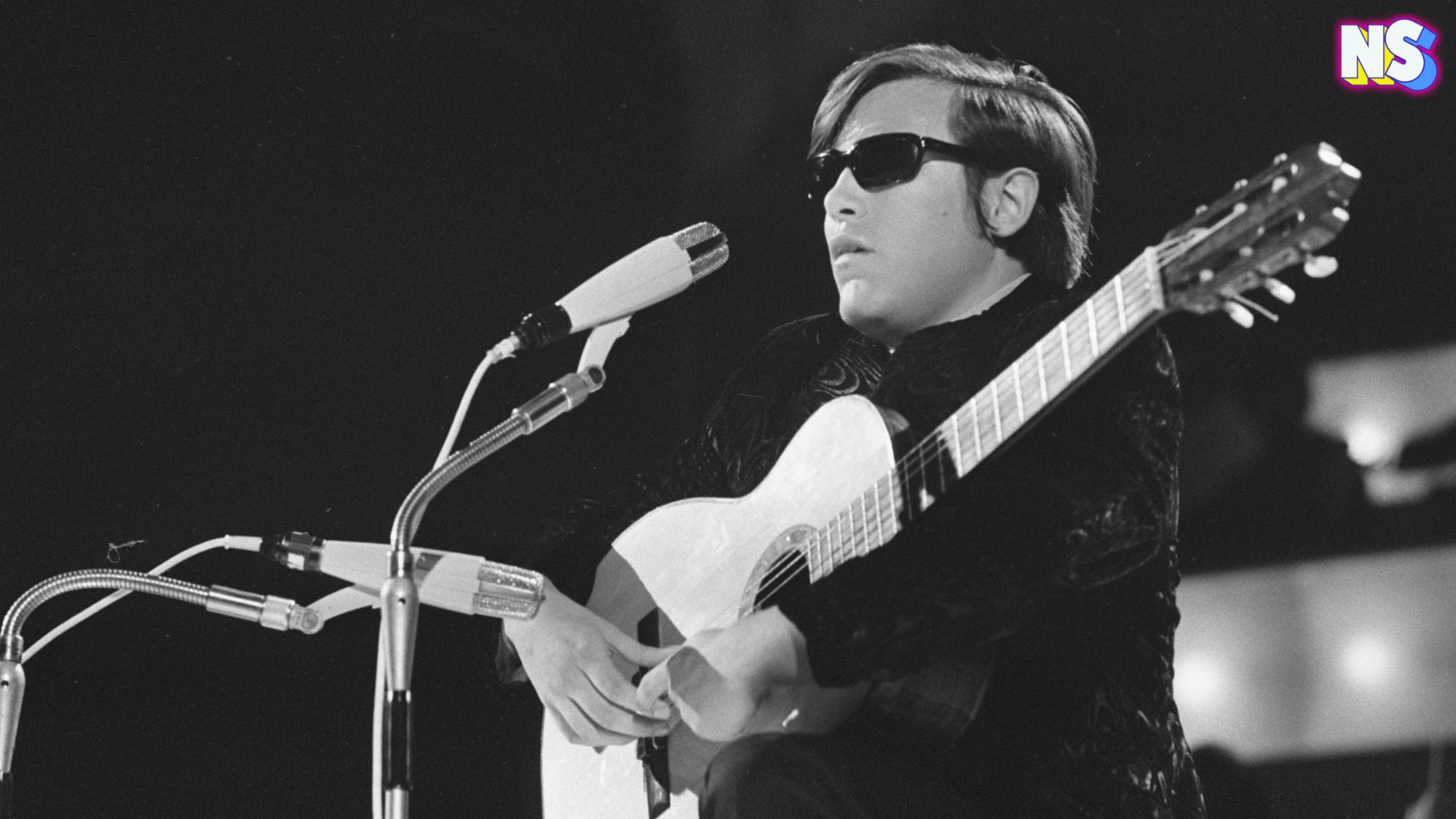Image courtesy of Nuestro Stories.
Many artists have sung Guantanamera, from the American folk singer Pete Seeger to Wyclef Jean to Compay Segundo of the Buena Vista Social Club. Still, only one artist perfumed the song with nostalgia and inimitable rhythm — the Queen of Salsa, Celia Cruz.
Celia Cruz sang what has become a Cuban anthem with her powerful, rich voice, the grace of a poet, and the longing that comes from exile.
Guantanamera is as Cuban as Celia and as beloved by Hispanics as the Afro-Caribbean singer. Or, as Celia Cruz used to say, “Yo soy de Cuba la voz, Guantanamera.”
The song’s lyrics sample from the poetry collection “Versos Sencillos” by Cuban nationalist José Martí. The collection was published in 1891, the last of Martí’s works to be printed before his death in 1895.
Marti, a poet, philosopher, essayist, and journalist, is Cuba’s national hero because he helped liberate the island from Spain. He died in battle at Dos Rios.
Celia Cruz embedded Martí’s words into the national consciousness
“Guantanamera, guajira guantanamera
Guantanamera, guajira guantanamera
Yo soy un hombre sincero
De donde crece la palma,
Yo soy un hombre sincero
De donde crece la palma
Y antes de morir, me quiero
Echar mis versos del alma
Guantanamera, guajira guantanamera
Guantanamera, guajira guantanamera…”
Joseíto Fernández wrote the piece’s lyrics using Marti’s verses and, as early as 1929, popularized the song on the radio. The song is about a failed love and is dedicated to the women of the province — Guantanamera is about a woman from Guantanamo.
Today, Guantanamo, the easternmost province of Cuba, is a United States naval base and infamous detention complex.
Guantanamera is Celia Cruz’s signature song, the one fans most identify with her (apart from La Vida es un Carnaval.) It appears in more than 241 different records or compilations of hers.
In her autobiography, published in 2004 after she died, Cruz narrates her memories of singing “Guantanamera” nine times. It meant that much to her.
Her career, which started in Cuba before the revolution, lasted more than 60 years. She recorded more than 70 albums – 23 of them went gold – and won two Latin Grammys and five Grammys. She also appeared in 10 movies.
Celia Cruz was instrumental in making salsa famous internationally and in the United States, where she settled after leaving Cuba following her forced exile by Fidel Castro’s regime in the 1960s.
She refused to return to the island while Castro was in power (although she famously sang Guantanamera in Guantanamo, much to the displeasure of the Cuban regime) and became a United States citizen in 1961.
Throughout her life, Cruz kept singing Guantanamera. So, pay close attention – her voice is especially poignant when she sings this verse:
“No me pongan en lo oscuro
A morir como un traídor
No me pongan en lo oscuro
A morir como un traídor
Yo soy bueno y como bueno
Moriré de cara al sol
Yo soy bueno y como bueno
Moriré de cara al sol”
https://nuestrostories.com/wp-content/uploads/2022/04/Nuestro-Stories-Writer-Image-Placeholder-218×300.png
By Xxxxx Xxxx
Lorem ipsum dolor sit amet, consectetur adipiscing elit, sed do eiusmod tempor incididunt ut labore et dolore magna aliqua. Ut enim ad minim veniam, quis nostrud exercitation ullamco laboris nisi ut aliquip ex ea commodo consequat. Duis aute irure dolor in reprehenderit in voluptate velit esse cillum dolore eu fugiat nulla pariatur. Excepteur sint occaecat cupidatat non proident, sunt in culpa qui officia deserunt mollit anim id est laborum.





